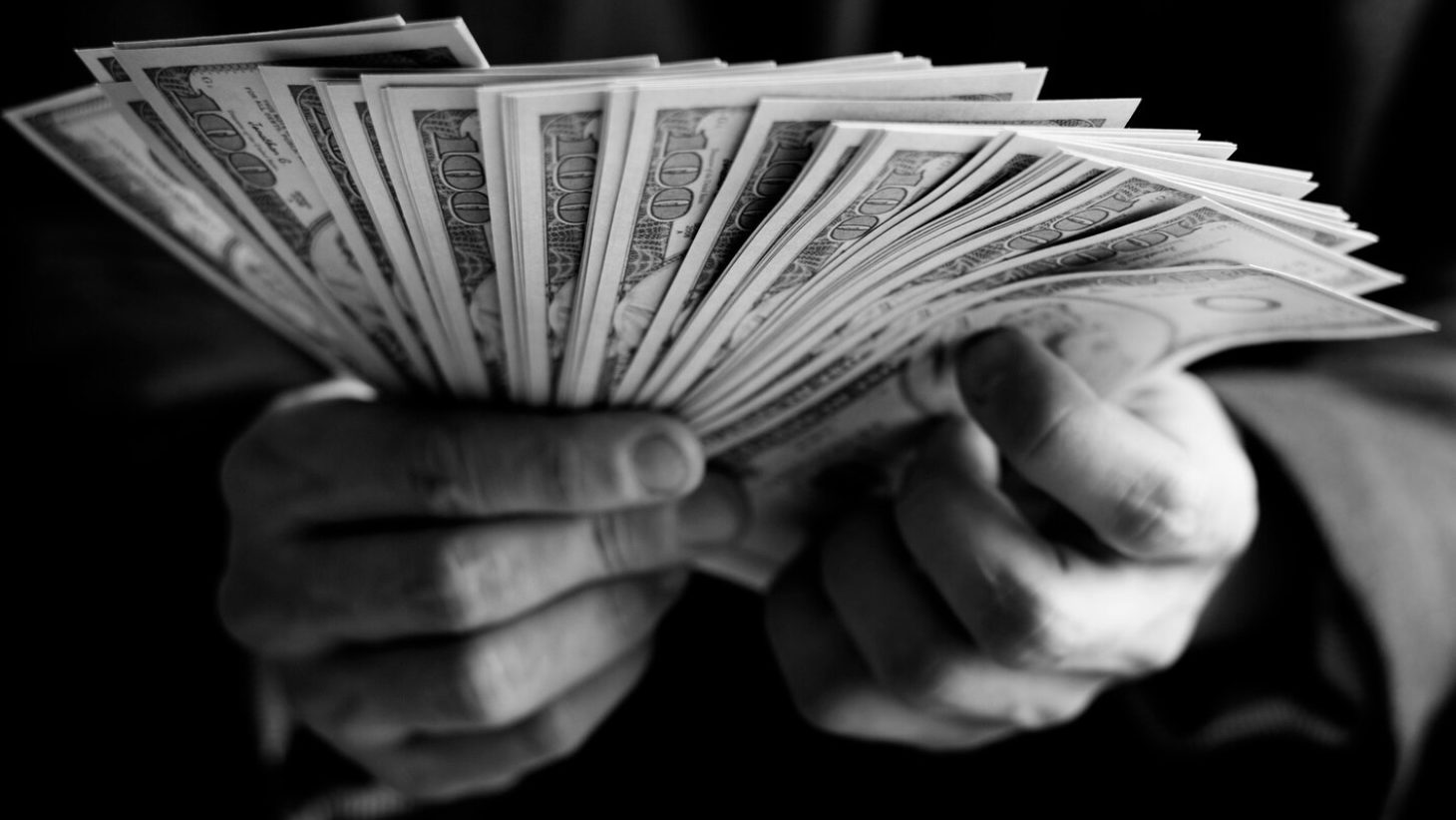SINGAPORE: Money laundering has been in the news lately, with one of the biggest scandals in the country’s history discussed in Parliament just this week. In August, 10 foreigners faced charges in court after authorities seized and froze around S$1 billion in assets, including luxury real estate, vehicles, luxury goods, gold bars, cryptocurrencies, and cars.
The assets involved have since been calculated to be worth S$2.8 billion, and the Monetary Authority of Singapore is looking into the roles that financial institutions played in the scandal, and after the arrests were made in August, local banks said they would be stepping up scrutiny of overseas customers.
On Wednesday (Oct 4) police in Italy arrested 33 individuals as part of a crackdown of money brokers from China who reportedly took part in laundering over 50 million euros (S$71.6 million) from drug trafficking groups.
But what exactly is money laundering? Why is it so dangerous? And what can each country do to better protect itself from this type of criminal activity?
“Money laundering involves disguising financial assets so they can be used without detection of the illegal activity that produced them. Through money laundering, the criminal transforms the monetary proceeds derived from criminal activity into funds with an apparently legal source,” says US government site fincen.gov.
Notably, it has become easier for money launderers to transfer and withdraw money without being detected through cryptocurrencies and online banking. Both white-collar as well as street-level criminals participate in money laundering, which can have severe consequences on society. Money laundering operations have helped fuel drug dealers, terrorists, arms dealers, and other criminals not only to operate but also to expand their activities.
It’s no wonder that in recent years, countries have stepped up their efforts to fight money laundering. In March, the European Union announced new measures against money laundering and terrorist financing, including requiring entities such as banks, assets and crypto assets managers, real and virtual estate agents and high-level professional football clubs, to verify their identities, as well as what they own and who controls the company. Limits on transactions where customers cannot be identified have also been imposed, and member states are required to establish a financial intelligence unit (FIU) to combat money laundering.
In Singapore, Second Minister for Home Affairs Josephine Teo, who called the recent scandal one of the biggest in the world, announced this week that there will be a new inter-ministerial committee to evaluate the country’s anti-money laundering laws and to make sure its policies stay up to date, given that crimes have become more sophisticated.
/TISG
S$2.8B money laundering scandal may have ties with family offices

